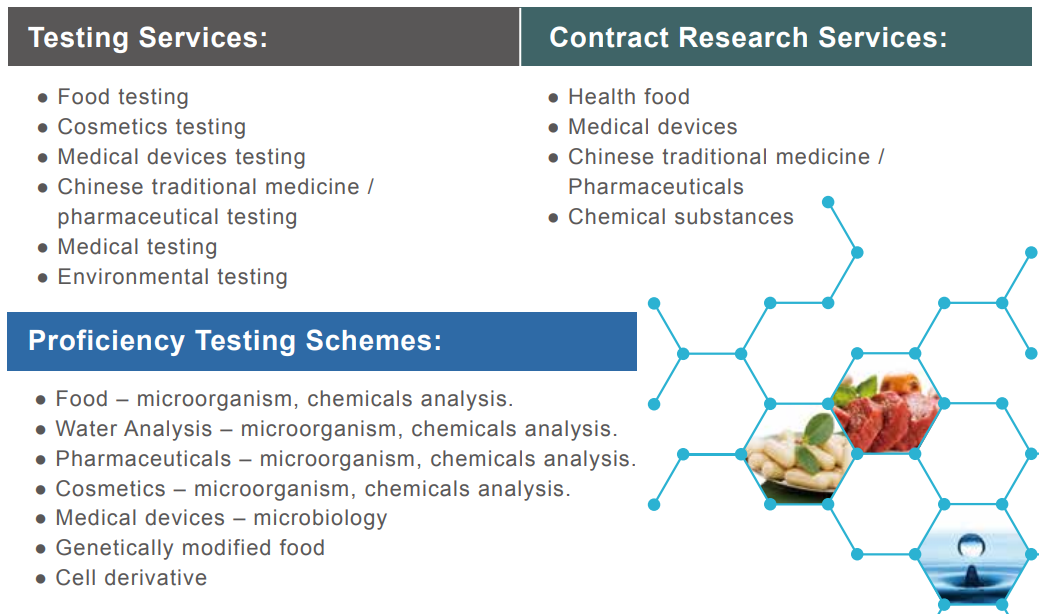Introduction
Biocompatibility refers to the host response for the appropriate application of medical devices, equipment, and machines. It also refers to whether the host has an appropriate response after exposure to medical material. When the host response presents slight, tolerable, or no adverse reactions, then this material is classified as inertia medical material.
The purpose of performing biocompatibility tests is to determine the fitness of the medical material and to evaluate whether the use of the device can have any potentially harmful physiological effects, including toxin release that induces local or systemic cellular toxicity, carcinogenicity, reproductive toxicity, immune-toxicity, inflammatory and thrombus formation, etc.
Thus, the experimental design of biocompatibility tests was determined by the intended use of the medical device. Currently, the primary guidance for biocompatibility assay is the ISO 10993. ISO 10993-1 guidance describes experimental designs based on the position and duration of human exposure to evaluate biocompatibility with respect to the intended use of a medical device.
Superlab provides professional consultation on a wide range of medical devices and complex classification and offers experiment designs tailored for your product.
Features / strengths
Health food The total full service
1. The Safety Test
2. The Efficacy Test
3. The Stability Test
4. The Health and Safety Test
5. Testing and Registration of the Health Food
Contract Research of Medical Devices
1. Biocompatibility study (ISO 10993)
2. General toxicity study
3. Genotoxicity study
4. HBV disinfection efficacy
5. Package testing
Chemical Services
1. REACH Services
2. General Toxicology Studies
3. Genotoxicity Studies
4. Ecotoxicology Studies
5. Alternative Studies
Specification in detail
Biocompatibility study (ISO 10993)
Samples


